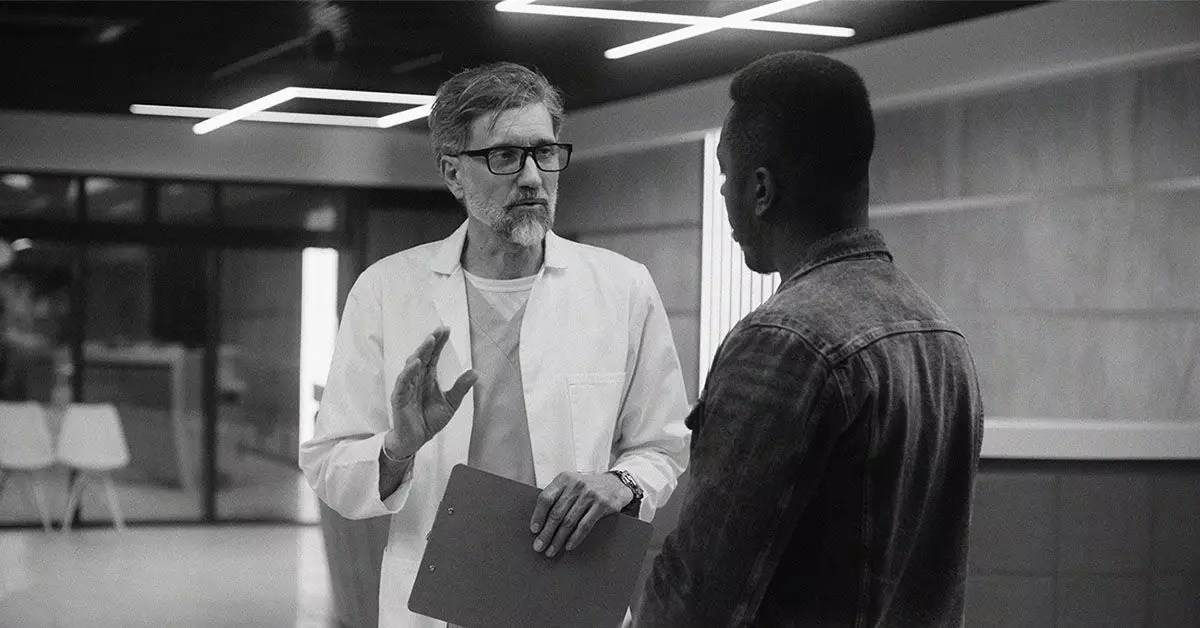Testicular cancer is most commonly diagnosed in young and middle-aged males, with the average age at diagnosis being 33 years. However, it is possible for testicular cancer to develop earlier or later in life. According to the American Cancer Society (ACS), around 6% of cases occur in children and teenagers, with another 8% occurring in individuals over the age of 55. This indicates that testicular cancer can affect individuals across a wide age range.
Aside from age, various factors can increase a person’s risk of developing testicular cancer. For example, individuals with cryptorchidism (undescended testicle) or testicular carcinoma in situ have a higher risk of developing testicular cancer. It is essential for individuals with these risk factors to perform regular self-checks and seek guidance from a healthcare professional.
Self-Checks and Diagnosis
Performing regular self-checks is crucial in detecting testicular cancer early. A self-check involves examining the testicles for any lumps, swellings, or changes in size, texture, and shape. It is recommended to perform this check after a warm shower or bath, and any abnormalities should be followed up with a doctor. Additionally, doctors use various methods, such as physical exams, ultrasound, and blood tests, to diagnose testicular cancer and determine its stage.
Testicular cancer is considered very curable, especially when detected at an early stage. Treatment options may include surgery, chemotherapy, or radiation therapy, depending on the stage and type of cancer. While testicular cancer can be fatal in rare cases, the overall survival rate is high. It is crucial for individuals to prioritize self-checks and seek medical attention if they notice any concerning symptoms.
Understanding the risk factors, diagnosis methods, and treatment options for testicular cancer is essential for early detection and successful outcomes. By staying informed, performing regular self-checks, and seeking timely medical care, individuals can increase their chances of surviving testicular cancer. It is crucial to prioritize one’s health and well-being, especially when it comes to conditions such as testicular cancer that predominantly affect younger individuals.


Leave a Reply